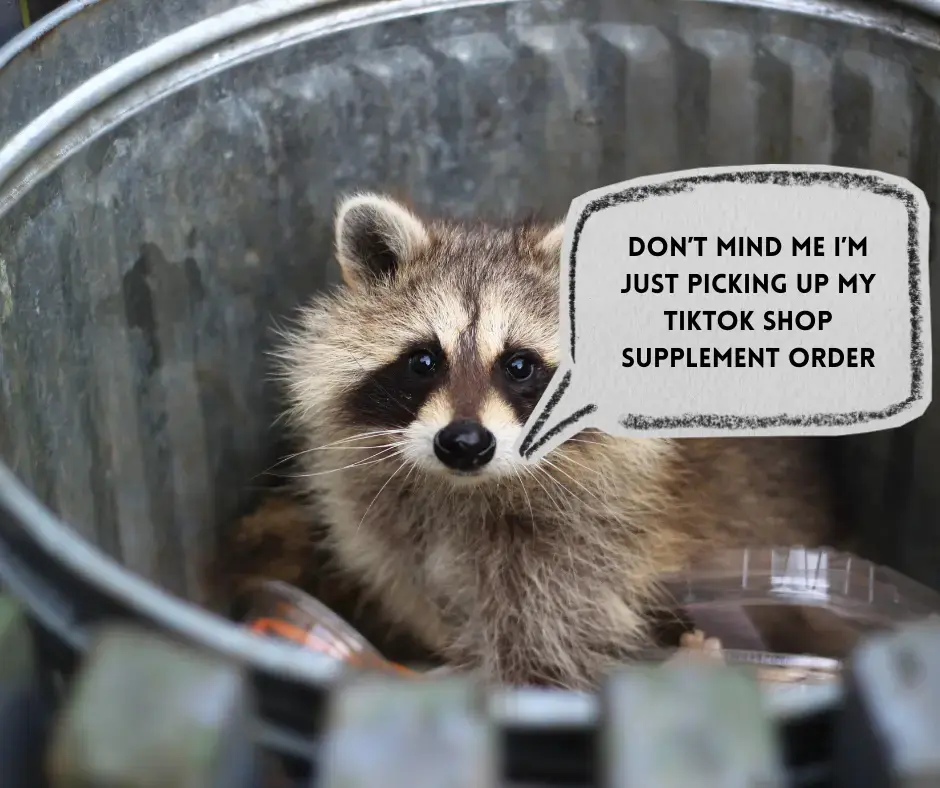Your Cholesterol Guide - Part Four Of Four: Supplements
- Josh Boughton

- Nov 2, 2024
- 4 min read
Welcome to part four of All About Cholesterol. If you have not read parts one, two, and three, we recommend starting there.
In part four, we will discuss supplements to support the cardiovascular system.
Supplements that support healthy cholesterol levels
We often get asked about supplements that can help to support healthy cholesterol levels.
As we explained in part one, we think it is better to focus on keeping your arteries healthy and reducing oxidative stress.

The more, the merrier does not apply to plaque buildup.
Red Yeast Rice ANd CHolesterol
The cholesterol supplement we get asked about the most is red yeast rice. Nearly all red yeast rice supplements contain a type of statin similar to the compounds found in cholesterol medication.
While red yeast may help to support healthy cholesterol levels, it has never been shown to reduce heart and stroke risk. It has many possible side effects, such as cognitive issues (brain fog, memory, etc.), a worsening of the omega-six to omega-three ratio, reduced coq10 production, muscle aches, and more.
So, while most red yeast rice supplements are marketed as natural, they are not without risk. In addition, many red yeast rice supplements are often contaminated with an aflatoxin called citrinin, which can cause various health issues. We do not recommend using red yeast rice supplements.
Niacin and cholesterol
Another supplement we get asked about is niacin (as well as no-flush niacin). While niacin may increase HDL levels in clinical studies, it does not appear to reduce the risk of heart attack and stroke. It also has a lot of very unpleasant side effects. We recommend against using niacin supplements unless recommended by your doctor.
Hawthorne and cardiovascular health
Hawthorne is a well-known and fantastic herb for cardiovascular health. It contains antioxidants and flavonoids that help to support a healthy cardiovascular system. The leaves, flowers, and berries all have different benefits, so choose a product with all three to get the most benefits.
Coq10 and cardiovascular health
Coq10 (ubiquinol and ubiquinone) is an antioxidant produced in the body that helps to support healthy energy levels and muscles. Certain medications, such as statins and a few blood pressure meds, can deplete coq10. In addition, health conditions like diabetes, kidney, and liver diseases can deplete coq10. When taking a coq10 supplement, make sure it is the trans-form and take it with a meal that has a good amount of fat for best absorption. Beef heart is the richest food source of coq10 and makes a great way to get some in your diet.

So what are our favorite supplements for cardiovascular health?
Rosita Cod Liver Oil and heart health
The first supplement we recommend is unrefined cod liver oil. This incredible oil helps to support healthy arteries, a healthy omega-six to omega-three ratio, and so much more. You can read more here about why we recommend whole-food fish oil over traditional, heavily refined fish oil. If you are only going to take one supplement to support a healthy cardiovascular system, this is it.
Cacao and heart health
Next up is low heavy metal, high polyphenol cacao. Cacao helps to support healthy oxidative stress levels and helps to support healthy arteries and circulation. It is also one of the richest food sources of magnesium, which is very important for cardiovascular health, and most people do not get enough of it in their diet.
High polyphenol cacao supports a healthy response to stress by promoting relaxation and calm. It is rich in a host of compounds that help to support the nervous system. A great way to enjoy it is to have a cup of ceremonial cacao before meditation. It is a genuinely incredible food!
Many cacao products have high levels of heavy metals and are produced using child slavery. It is very important to get an ethically sourced and clean version of cacao, especially if you are taking it daily. You can read more about that here.
Glutathione and heart health
The third on our list is GPX. GPX contains:
Alpha Lipoic Acid
Vitamin C
Glutamine
Milk Thistle
Quercetin
A special form of Selenium
A special form of Cysteine
These ingredients help support healthy antioxidant levels and glutathione production,
Ginkgo and grape seed extract for arterial health
Vascuselect contains three powerful antioxidant ingredients: grapeseed extract, mango, and ginkgo leaf extract. They are packed with antioxidants, which support a healthy heart, circulation, and arteries.
Bergamot and cardiovascular health
Last but certainly not least is bergamot. Bergamot (Citrus bergamia) is a great alternative to red yeast rice. Unlike red yeast rice, it does not significantly deplete coq10 but promotes healthy levels in the body. Bergamot polyphenic flavonoids are key to its beneficial effects. We recommend using the same raw material and dosage used in the clinical trials to get the most benefits because not all bergamot products have the same profile.
Many bergamot products are made with bitter orange or kaffir limes, despite being labeled bergamot, which will not give the results you are looking for. Choosing one that is properly tested and manufactured is very important. Bergamot essential oil is not the same thing as whole bergamot. Never ingest essential oils.
Check out our blog on bergamot to learn how to choose a good bergamot supplement.
Cholesterol questions and support
We know this is a lot of information, so if you have questions, don’t know where to start, or need support, we are always available to help. Drop us an email anytime at info@rooted-nutrition.com, and we will be happy to help you on your health journey!


